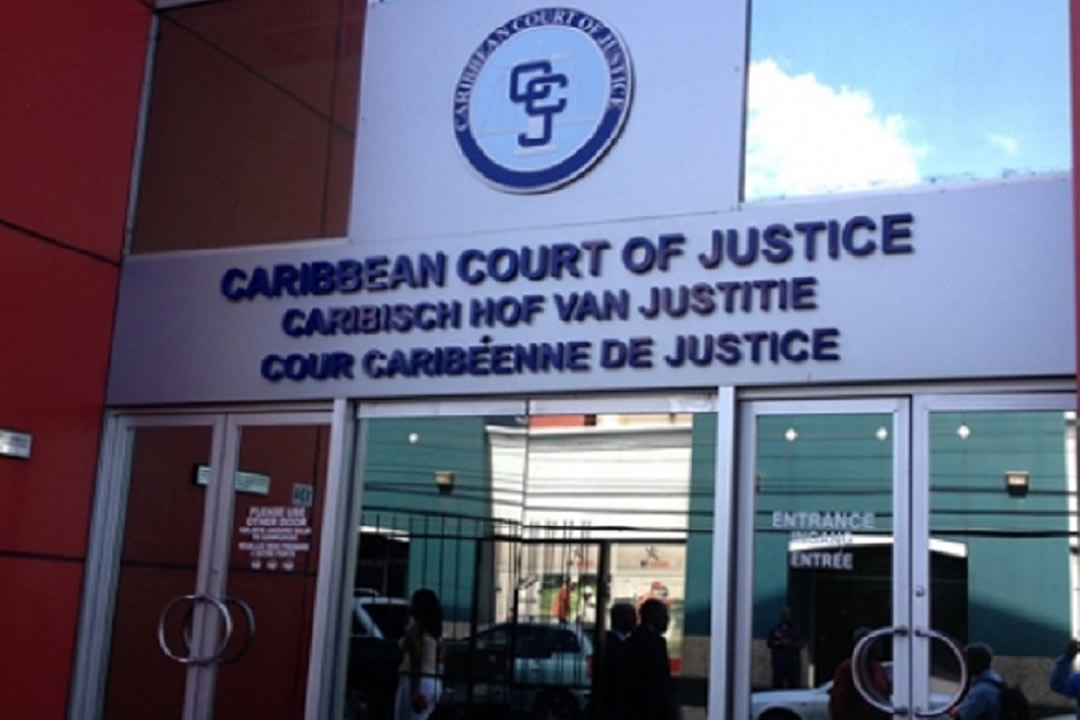 Port of Spain, Trinidad: The Caribbean Court of Justice (CCJ) today restored the 2013 acquittals of Mr. James Hyles and Mr. Mark Williams for their alleged involvement in what has been dubbed the ‘Lusignan Massacre’, despite substantial procedural errors at trial.
Port of Spain, Trinidad: The Caribbean Court of Justice (CCJ) today restored the 2013 acquittals of Mr. James Hyles and Mr. Mark Williams for their alleged involvement in what has been dubbed the ‘Lusignan Massacre’, despite substantial procedural errors at trial.
On 6 January 2008, gunmen went from house to house in the peaceful village of Lusignan in Guyana with high powered rifles and killed eleven persons, five of whom were children, as they slept in their homes. Mr. Hyles and Mr. Williams were indicted on eleven counts of
murder.
At trial, the judge allowed a request by Hyles’s attorney to question jurors, before they were sworn in, due to the widespread pre-trial publicity of the case. The trial judge, as well as state and defence counsel, actively participated in this exercise. The main prosecution witnesses were two members of the gang allegedly responsible for the massacre, one of whom was charged in connection with the massacre. However, the charges against him were withdrawn a mere two weeks before the trial began. Hyles and William both denied involvement in the killings. The jury rendered its verdict on 2 August 2013 and both men were found not guilty
of all counts.
The Director of Public Prosecutions appealed the acquittals, under the newly amended Court of Appeal Act, on the basis that there were material irregularities in the trial. The Court of Appeal agreed, allowed the appeal, overturned the verdicts of not guilty and sent the matter back to the High Court for a retrial. On appeal to the CCJ, the appellants urged the Court to allow the appeal on the basis that the
DPP’s new power to appeal an acquittal breached their constitutional right to the protection of law.
In their view, the new law offended the principle against double jeopardy, which prevents an accused person from being tried again on the same, or similar, charges and on the same facts. However, the Court rejected this argument and reminded the appellants that the wording of the Constitution contemplated the possibility of such an appeal and that in principle, the rule against double jeopardy only protected acquittals which were affirmed by the appellate courts. The court held that the appellants’ acquittals did not fall into that category.
Before considering the specific procedural issues, the Court acknowledged that the requirement, that the acquittal had to be the result of a procedural error(s) or flaw(s) of the trial judge, was a steep hill for an appellate court to climb. As such, the court constructed a test specifically for application in prosecution appeals against acquittals. The Court held that the prosecution must satisfy the Court that “given, on the one hand, the nature and weight on the evidence and, on the other hand, the seriousness of the judicial error(s) or procedural flaw(s) it can with a substantial degree of certainty be inferred that had the error(s) or flaw(s) not
occurred, the trial would not have resulted in the acquittal of the accused”.
While the Court did not agree fully with the findings of the court below, it found that there were some material irregularities, including the way in which the questioning of the jurors was conducted and the failure of the trial judge to investigate an allegation of improper
communication between a juror and man alleged to be Hyles’ father. However, on the application of the test, the Court held that it could not with the required degree of certainty infer that the acquittals were the result of the errors and that it was possible that the jury simply did not believe, beyond a reasonable doubt, the evidence presented by the state. The CCJ allowed the appeal, set aside the decision of the Court of Appeal of Guyana and restored the jury’s verdict of acquittal of the appellants. The judgment of the CCJ and a detailed judgment summary are available on the CCJ’s website at www.ccj.org.

